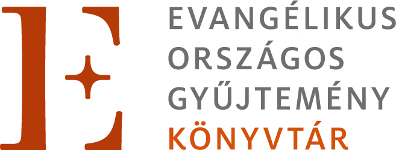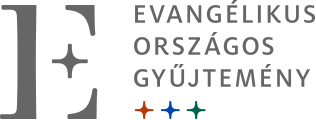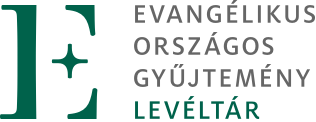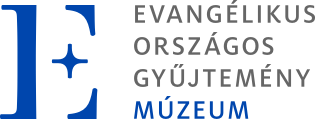LUTHERAN CENTRAL LIBRARY
Email: eok [at] lutheran.hu (eok[at]lutheran[dot]hu) | Website: eok.lutheran.hu
Telephone: +36 1 4863555 | Address: Üllői út 24, 1085 Budapest, Hungary
The primary function of the Lutheran Archives to preserve records was completed with the collection of books in 1812. The first significant donation of books came from Princess Maria Dorothea, the wife of Palatine Joseph. The other library called Luther Library and Museum started to collect records having permanent value about the past of the Lutheran Church in 1921. Two outstanding book collections were transferred to the custody of the archives later, the Podmaniczky-Degenfeld library in 1929, and the Radvánszky library from Sajókaza in 1949. The events of history, the loss of Upper Hungary’s libraries, the nationalization process after 1945 and the permanent donations led to the independence of the library in 1957. The Lutheran Central Library has a collection of 120 000 volumes. Besides theological works they provide a variety of books in the field of history, law and literature. Their aim is to have a complete collection of Lutheran books and journals published in Hungary.
Opening hours:
Monday 12–16 | Tuesday–Thursday 9–16 | Friday 9–13
A levéltár központja 2017.augusztusban visszaköltözött a felújított evangélikus egyházi központ épületébe: Budapest, VIII.ker. Üllői út 24., levéltár: templomi szárny, földszint (megközelítés a Szentkirályi u.51. porta felől). Czenthe Miklós levéltárvezető. Email: eol [at] lutheran.hu (eol[at]lutheran[dot]hu), Tel.:317 18 26, m: 20 /99 10 064.
A levéltár központja 2017.augusztusban visszaköltözött a felújított evangélikus egyházi központ épületébe: Budapest, VIII.ker. Üllői út 24., levéltár: templomi szárny, földszint (megközelítés a Szentkirályi u.51. porta felől). Czenthe Miklós levéltárvezető. Email: eol [at] lutheran.hu (eol[at]lutheran[dot]hu), Tel.:317 18 26, m: 20 /99 10 064.
Az Evangélikus Országos Múzeum feladata, hogy a rendelkezésére álló eszközökkel a lehető leghatékonyabb módon bemutassa a Kárpát-medence ágostai hitvallású magyar, német és szlovák ajkú lakosságának szerepét a magyar kultúrában és az evangélium terjesztésében. Ugyanakkor kiemelt célja, hogy megszólítsa a mai kor emberét is, és kulturális programjain keresztül hitet tegyen az élő evangéliumról.





